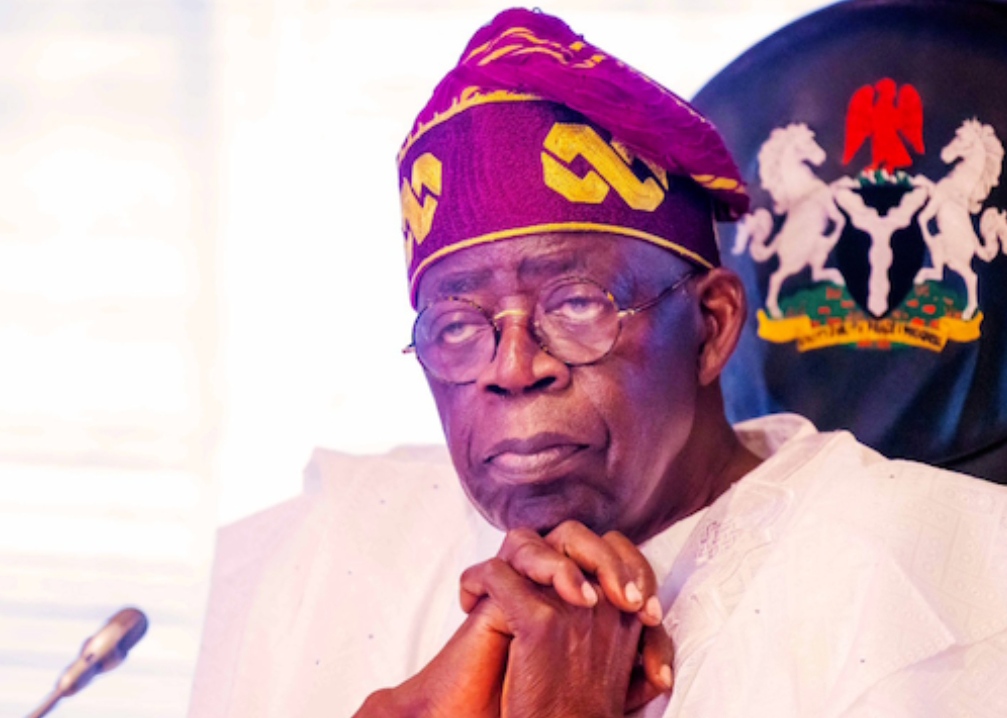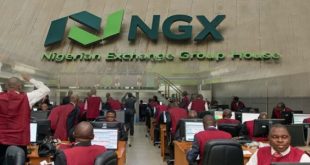
At least five multinationals have winded down operations in Nigeria in the last 10 months, an analysis of separate notices filed by the firms has shown.
On Wednesday, Consumer goods giant Procter & Gambles said it would dissolve on-ground operations in the country.

The Chief Financial Officer of the group, Andre Schulten, stated this during his presentation at the Morgan Stanley Global Consumer and Retail Conference.
The company explained that it was difficult to do business in Nigeria as a dollar-denominated organisation and the macroeconomic reality in Nigeria is responsible for its latest strategic decision.

Schulten said, “The other reality that arises in some of these markets is that it gets increasingly difficult to operate and create U.S dollar value. So, when you think about places like Nigeria and Argentina, it is difficult for us to operate because of the macroeconomic environment.
“So with that in mind, we are announcing a restructuring programme with the intent to adjust the operating model and adjust the portfolio to ensure that we maintain the portfolio discipline that has brought us to this point.
“The restructuring programme will largely focus on Nigeria and Argentina. We’ve announced that we will turn Nigeria into an import-only market, effectively dissolving our footprint on the ground in Nigeria and reverting to an import-only model.”
The company joins a growing list of multinationals to exit Nigeria in 2023. The first multinational to announce that it would fold up operations in Nigeria in 2023 was Unilever.
In March, the company had said that changes in its business meant it had to exit its home care and skin cleansing categories from Nigeria.
The announcement meant t hat famous brands such as Omo, Sunlight and Lux, which many Nigerians had become accustomed to would no longer be on retail shelves.
The company’s decision to end production in Nigeria is not unconnected to increased financial difficulties occasioned by the continued devaluation of the naira, among others.
The President of the Manufacturers Association of Nigeria, Francis Meshioye, told media that some international manufacturing firms had already exited Nigeria as a result of the power crisis, coupled with the unpredictability of the country’s foreign exchange rate before it was recently unified.
He added that the N144bn spent on alternative energy sources by manufacturers in 2022 impacted adversely on the operations of his members.
In July, barely a month after Meshioye’s warning, GlaxoSmithKline Consumer Nigeria Plc, the country’s second-biggest drug producer, announced it was halting manufacturing operations in Nigeria.
According to a statement published on the Nigeria Exchange, GSK Plc (Headquartered in the UK), which owns a majority stake in the Nigerian unit, said it will appoint third-party distributors to sell its prescription medicines and vaccines in the country.
GSK’s consumer-health arm, Haleon Plc, also informed GSK Nigeria of its “intent to terminate its distribution agreement in the coming months” and appoint a third-party distributor.
GSK also said it planned “an accelerated cash distribution and return of capital” to minority shareholders.
No reason was given for the company’s exit, even though the company had in the past raised concerns about the scarcity of forex which made it difficult to maintain supplies of its pharmaceutical and vaccine products in Nigeria.
Last month, Sanofi, a French pharmaceutical multinational, announced its exit from Nigeria.
The company said it had appointed a third-party distributor to handle its commercial portfolio of medicines from February 2024.
While the company’s Country Manager, Folake Odediran, had described the decision as a strategic move driven by the company’s commitment to continually improve access to medicines, the company’s financials indicated that operating in Nigeria had been a tall order.
Shortly after Sanofi’s announcement, Bolt Food announced that it had made the difficult decision to discontinue its food delivery operations in Nigeria due to business reasons.
According to a statement by the company, the decision was borne out of the need to “streamline its resources and maximise overall efficiency.”
Bolt, a ride-sharing platform, offers food delivery services in 16 countries and 33 cities globally. It launched Bolt Food in Nigeria in October 2021 and has had to contend with a vast array of challenges being faced by logistics startups in recent memory.
A significant increase in fuel price caused the company to raise delivery fees by 20-50 per cent in an economic environment where consumers’ spending power has been greatly eroded by rising inflation.
Speaking with media source, the Deputy President of the Lagos Chamber of Commerce, Gabriel Idahosa blamed Nigeria’s perennial power crisis and harsh government policies for the decision made by the multinational companies to leave Nigeria.
He also said that given the depleting disposable income of Nigerians, a number of those companies had struggled to cover operational costs and attain profitability.
 MMS PLUS NG – Maritime, Aviation, Business, Oil and Gas News Online Newspaper with coverage in Maritime, Oil and Gas, Aviation, Power and Energy as well as Financial News
MMS PLUS NG – Maritime, Aviation, Business, Oil and Gas News Online Newspaper with coverage in Maritime, Oil and Gas, Aviation, Power and Energy as well as Financial News









